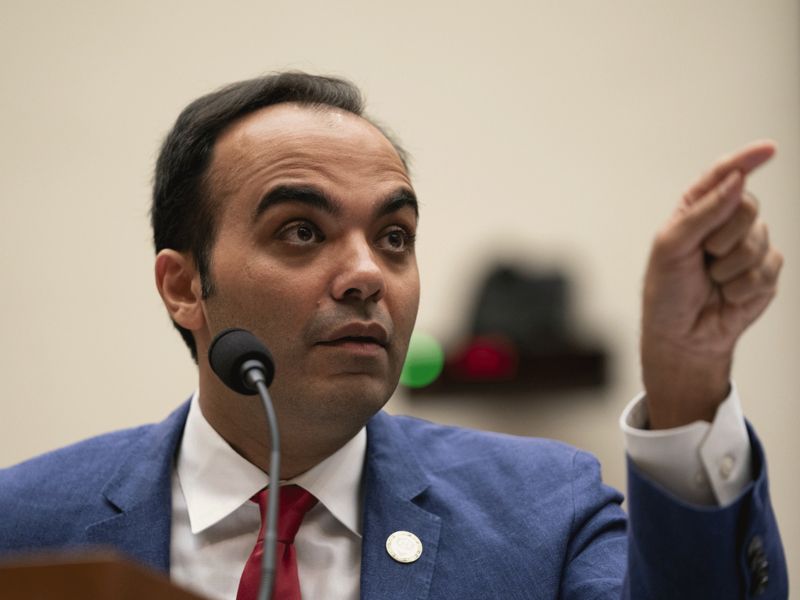
Rohit Chopra, President Joe Biden’s choice to run the Consumer Financial Protection Bureau, told a Senate panel Tuesday he plans to prioritize the enforcement of fair lending laws and scrutinize the emergence of large technology companies into financial services.
Democrats on Tuesday pushed Chopra to revive the CFPB after the Trump administration weakened enforcement and several rules, while Republicans warned the bureau overstepped its authority previously under Democratic control.
Chopra, a commissioner at the Federal Trade Commission, where he campaigned for tougher consumer privacy and enforcement penalties, helped establish the CFPB, which was formally launched in 2011.
Auto dealers have been among the most significant critics of the agency.
As an FTC commissioner, Chopra has been an outspoken watchdog over how some dealerships are compensated for arranging customer financing.
Data collection
Chopra said that, if confirmed, he would focus on data collection and how that data is being used.
“I think there’s real questions about transparency,” Chopra said, acknowledging concerns about discrimination. “Looking at how big data, particularly by large platforms who have detailed behavioral data on all of us, is something we must carefully look at because it will change financial services fundamentally.”
He also said he would prioritize enforcing fair lending statutes and monitoring the student loan market, adding that it was important to pursue monetary penalties against firms that commit wrongdoing, both to repay harmed consumers and as a deterrent.
Chopra, who helped Sen. Elizabeth Warren, D.-Mass., set up the CFPB, said he would prioritize protecting student, military and minority borrowers. Chopra repeatedly took fire from Republicans, who questioned him about FTC enforcement actions he voted against because he believed the penalties imposed on firms were too low.
“I do have a problem when fraudsters get off with not having to redress their victims,” Chopra responded. “We are sometimes not doing enough to hold businesses accountable when it comes to the harm that they cause.”
Progressive support
Gary Gensler, the president’s nominee to lead the U.S. Securities and Exchange Commission, appeared along with Chopra during Tuesday’s hearing.
Both men are strongly supported by progressives and are likely to win confirmation in the Democratic-led Senate. Democrats on the banking panel said they were looking forward to Chopra re-energizing financial oversight after four years of rule-cutting during the Trump administration. They highlighted the need for action in areas like climate change and corporate diversity, as well as tougher sanctions for wrongdoing.
Senate Banking Chairman Sherrod Brown of Ohio urged him to “fight for all the workers and families and communities that have been left out and looked down on by the Washington elite, and preyed on by Wall Street.”
Republicans on the panel were skeptical about both nominees, and warned them not to stray into anti-business activism.
Sen. Pat Toomey, R-Pa., said he was particularly concerned about Chopra leading the CFPB, which he called “arguably the most unaccountable agency in the history of the federal government.”
Toomey also told Gensler to make sure he doesn’t use the securities laws “to advance a liberal social agenda” at the SEC.
A former Commodity Futures Trading Commission chief who made a fortune several decades ago at Goldman Sachs Group Inc., Gensler said he would examine whether the SEC should require more corporate disclosures about climate change, political contributions and minority board representation. He said, “we will look at what information investors want” in these areas.
Gensler also told the committee he had not studied the need for a federal tax on stock transactions, which is being pushed by some Democrats to raise revenue and to curb speculative buying and selling by high-frequency trading firms. Wall Street has come out aggressively against the levy, arguing it would just be passed on to retail investors.
Reuters and Bloomberg contributed to this report.